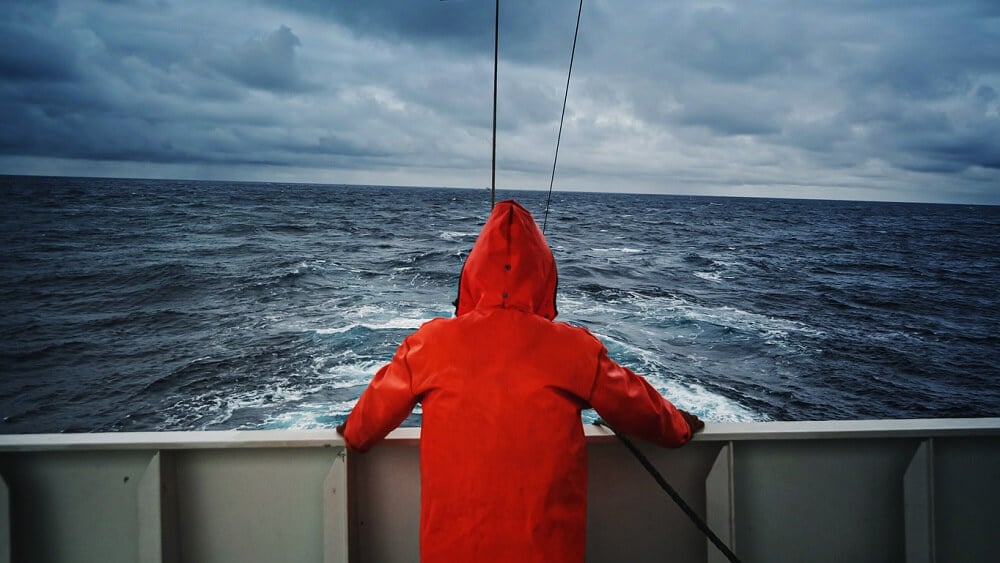Study: Seafarers Boost Philippines' Economy by $17B Per Year

The Philippines prides itself as a leading shipping nation, with its seafarers representing more than a quarter of the world’s maritime workforce. However, the economic impacts of the manning industry on the country’s economy has largely remained a matter of conjecture. A new study is now creating a clear picture of the industry, and has gone ahead to challenge authorities to ensure the global merchant shipping industry does not lose confidence with its seafarers.
The study reckons that one of the biggest engines of the Philippine economy is not on land but at sea, with the country’s seafaring industry generating a total of $17 billion in economic activity in 2024. The industry, which supports nearly 400,000 jobs directly, contributes about four percent of the country’s gross domestic product, with shipowners spending $923.3 million in the country. More critically, seafarers provide $2.5 billion in household income.
The study titled “The Overseas Seafarers’ Industry Profile, Structure, and Impact on the Philippine Economy,” contends that by providing workers to the global shipping industry, Filipino seafarers are also a major source of boosting foreign reserves. In 2024, remittances from seafarers amounted to $5.6 billion, resources that flowed into local communities with the ripple effects of stimulating consumption, business growth and tax revenues.
Conducted by the economic think tank Center for Research and Communication (CRC) of the University of Asia and the Pacific and the Association of Licensed Manning Agencies (ALMA Maritime Group), the study also shows the diverse impacts on the economy. Specifically, the industry supports a wide range of onshore jobs cutting across crewing and logistics to training, insurance, and maritime services.
“For every peso a Filipino seafarer sends home, nearly three pesos ripple through the economy,” said Winston Padojinog, CRC President. He added that owing to the fact that the Philippines is a leading maritime labor provider, the country needs to ensure the industry’s sustainability. In particular, the country must ensure global shipowners do not lose confidence in Filipino manpower.
The European Commission has in the past threatened to ban Filipino seafarers working on ships flagged in the European Union owing to issues related to substandard maritime training and failure by Filipino seafarers to meet international standards for maritime safety.
In recent months, the U.S. has been carrying out a crackdown on Filipino seafarers after the Trump administration imposed restrictive immigration and visa policies. Reports indicate that at least 130 Filipino seafarers have been arrested by Customs and Border Protection agents and deported, something that has ignited protest by the Philippine Embassy in Washington, DC.

that matters most
Get the latest maritime news delivered to your inbox daily.
The CRC study highlights that the economic impact of the seafaring industry depends heavily on maintaining global confidence in the Filipino workforce. If shipowners lose confidence, whether due to policy instability, skills gaps, or global competition, the consequences are bound to be swift and severe.
“Good policy doesn’t protect companies, it protects Filipino jobs and families,” noted Padojinog.
